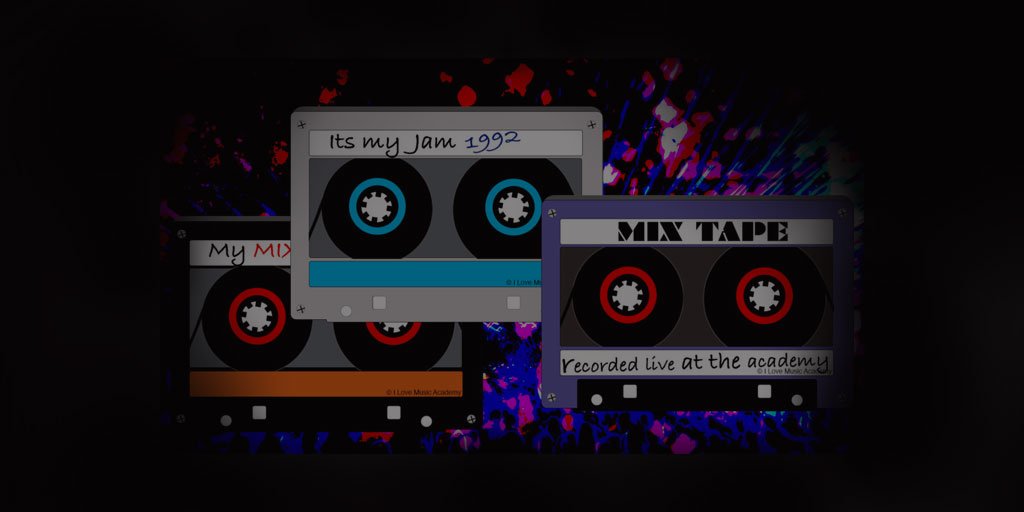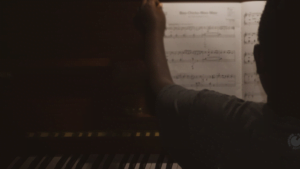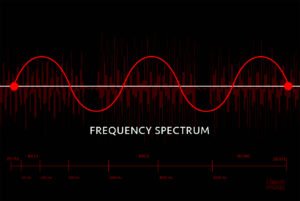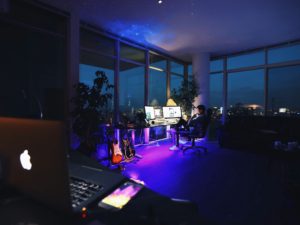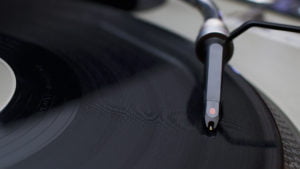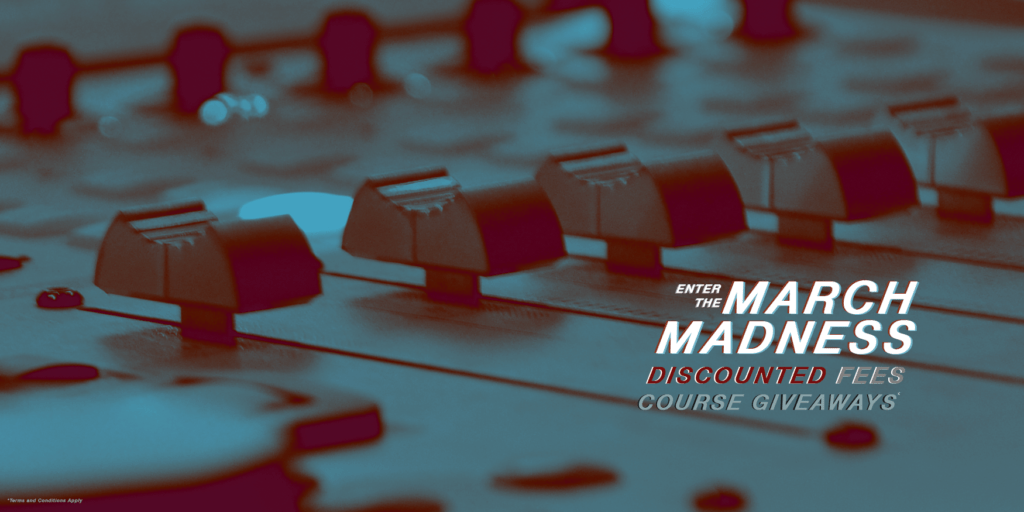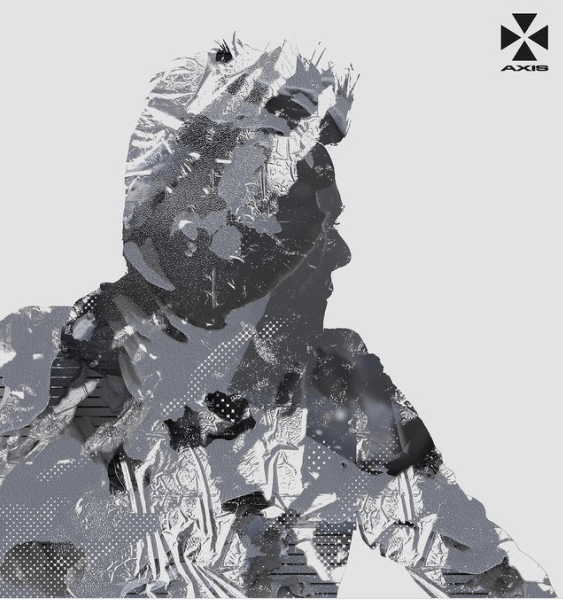Mixtapes, for those of us old enough to remember cassettes and have used them, the mixtape brings back fond memories. Childhood sweethearts would exchange tapes with songs that would spell out a special message. That unreleased track one acquired through a friend or bought at an underground music store to be played later at a party; the first time we heard a DJ mix; all of these memories are connected to a mixtape.
But what are Mixtapes?
As the word suggests it is a compilation of songs taken from multiple sources (be it Radio, Records, another cassette, or any other media an album is released on); recorded typically on a cassette tape in a specific order, to give meaning to one’s mood or match a theme.
Traditionally revered in the age of cassettes the 1980’s like a personal compilation, gifted or exchanged between friends or sold commercially.
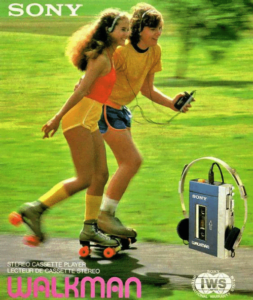
These recordings would simply have abrupt edits. Some would have faded in and out effects between each song and the more sophisticated would transition the beginning and ends of each song to make it seamless. Private tapes became popular with the availability of technology to teenagers and youngsters as a way of expression, popularised by the release of the Sony Walkman. But they were already popular & made active commerce in the 1970s.
Mixtapes were popularised by the DJs in the 1970s. Legends like Kool Herc, Grandmaster Flash, and Africa Bambaataa sensationalized the mixed tape for music listeners for generations to come.
Professional DJs often used mixed tapes as demos to showcase their skills of song selection & beat matching to prospective clients; but most often these were simply recordings of their performances in underground events or clubs, to be sold to the general public to add to their own revenue and popularity. Often these tapes were referred to as a “Party Tape” and would be limited in quantity so as to be prized by the purchaser.
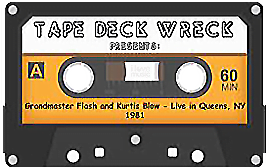
The mixtape was the way a DJ could show his programming skill and often also used it as a backup for commercial parties, in case of equipment failure. Hip-hop Mc’s and rappers created their own mixtapes as well. Some with DJ participation and some pure recordings of their performances as demos or for sale similar to party tapes.
Mixtapes were, of course, pirated music in the 1970s and ’80s. And they caused their own set of issues in the music industry and an evolution was inevitable if the concept was to stay.
In the late ’80s, The evolution of the mixtape was popularised in 4 big ways:

- DJs had already started to piece together small parts or songs using these tapes to create mashups which evolved into the concept of remixes as more affordable technology became available to them.
- Commercial record labels had been recycling music through compilation music based on genre or themes; As DJ mixtapes became popular, these labels started curating dance music based on the popularity of DJs playing them and often employed the Dj’s themselves to curate these compilations.
- Solo Artists and Bands started to refer to their demo tapes as Mixtapes as well and reinforced the meaning of a mixtape as a compilation, adding to its popularity.
- The popularization of the personal music system such as the Walkman and Boombox, capable of recording and playing tapes made the Mix-tape a household commodity among the youth.
Mixtapes popularity grew to such an extent, that at a point it was even considered an art form in America.
Post the 80s, saw the downfall of mixtapes.
The Digital Age brought its own revolutions to music and the music industry. The mixtapes of the ’80s transformed into Mix CDs when rewritable CDs were introduced in 1997. They were not as popular, they lacked the analogue feel of a tape and were more expensive. Besides CD writers were not cheap and took a lot more time and effort to create than their analogue tape counterparts.
With the popularisation of MP3s (the new compression format for music), the music lost a lot of quality and the number of tracks that would fit the CD increased drastically. This too was not Mix tape friendly. The whole feel of writing the names of the tracks on the Tape or in this case the CD cover was lost.
MIXTAPES and the WWW
Around the same time in 1990’s the World Wide Web came into being. In fact, it changed the way we communicated forever and little did we know it would change the music business as well. The Mixtape was changing in form again. In the next 10 years, Digital Music Curation (it seems) was the new format, with the potential to be big business for the music industry.
Today, complex network servers running algorithms, allow tracking of music plays and royalty fee payments, disbursal results, etc. There is less piracy of music than there was 5 years ago. But the mixtape has lost its physical form completely. Users and streamers are tracked, popularity indexes are created, and marketed, and corporations not only make but push music to the listeners based on their listening habits. Curation is big business. Although it’s becoming more math, based on stats and algorithms than actual human curation and art propagation.
The idea of the mixtape has been completely transformed. Honestly, can we truly say it is a mixtape when there is no tape and we are just listeners without participation? There still exist “Tape Music Purists”. Many continue to use tapes and wonder if they will see a revival of the Tape; similar, to the Vinyl records revival.
Are Mix tapes done?
Only time will tell. The future of curated music, the compilation, the mixtape or the playlists, for now, is music on demand.
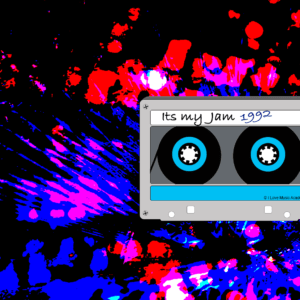


Reference articles:
https://www.theguardian.com/technology/2015/oct/16/google-play-music-streaming-playlist-creators-susan-boyle-test
https://www.forbes.com/sites/cheriehu/2017/05/08/inside-the-ongoing-quest-to-get-music-curators-paid/#7ca26e8314a6
https://pitchfork.com/features/article/9686-up-next-how-playlists-are-curating-the-future-of-music/
https://en.wikipedia.org/wiki/Mixtape
https://mixtapepsds.com/the-history-of-mixtapes/

